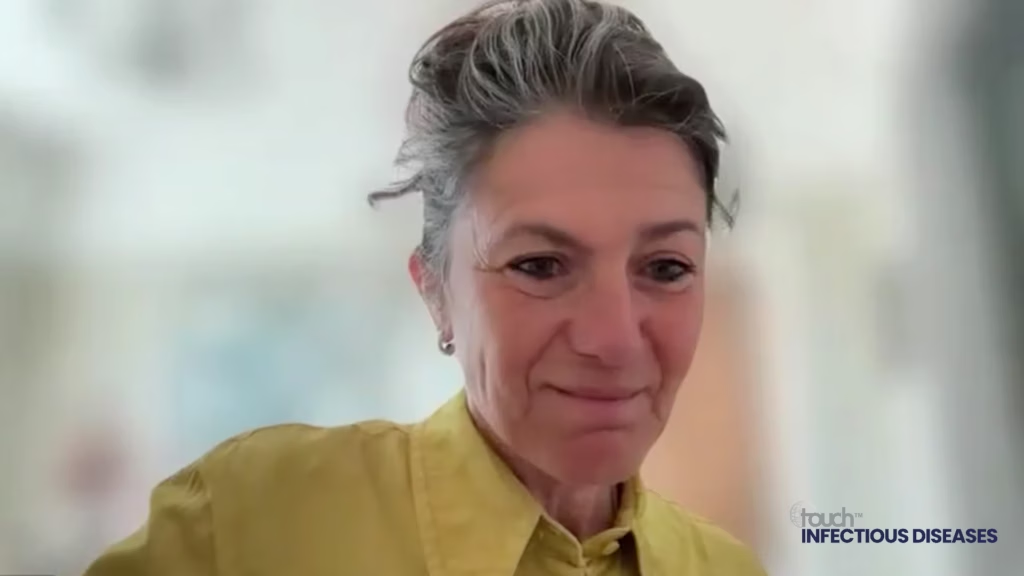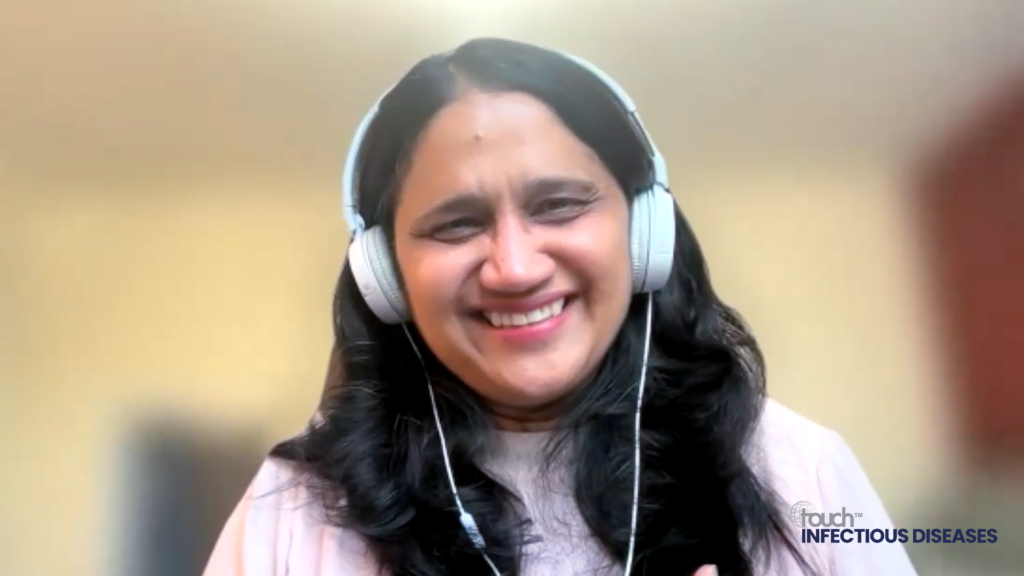It was a pleasure to meet with Yvette Raphael, patient advocate in HIV and Executive Director of Advocacy for Prevention of HIV and AIDS (APHA), South Africa, to share her perspective on the barriers of women and other populations being underrepresented in HIV clinical trials in South Africa and globally. Yvette also discusses possible ways to increase the participation of women in HIV clinical trial research, and how can we ensure that their voices and experiences are adequately represented.
Historically, women and underrepresented populations have been excluded from HIV clinical trial research due to strict eligibility criteria, gender biases, and lack of representation in research leadership. To promote greater inclusion of these populations, stakeholders must work together to address gaps in research design, recruitment, and retention, as well as invest in community engagement, education, and training programs. Effective strategies for increasing participation and ensuring adequate representation of women’s voices and experiences include tailored study protocols, intersectional and gender-responsive approaches, engaging with women-led organizations and networks, and meaningful engagement throughout all stages of research.
Interviews in this series:
Patient perspective: Landscape of HIV treatment and prevention in women and at-risk populations
Patient Perspective: Inclusivity of Women and underrepresented populations in HIV clinical trials
Patient Perspective: Disparities in HIV care and treatment
Questions:
- Women have historically been underrepresented in HIV clinical trial research. In your opinion, what are some of the barriers, and what steps can be taken to overcome these barriers, and promote greater inclusion of women in HIV clinical research? (0:16)
- What strategies do you think are effective in increasing the participation of women in HIV clinical trial research, and how can we ensure that their voices and experiences are adequately represented in study outcomes? (1:26)
Disclosures: Yvette Raphael has nothing to disclose in relation to this video interview.
Support: Interview and filming supported by Touch Medical Media. Interview conducted by Katey Gabrysch.
Access more content on HIV treatment and prevention here
Transcript:
Good afternoon and thanks for having me. My name is Yvette Raphael and I’m the Executive Director of Advocacy for the Prevention of HIV and AIDS (APHA) in South Africa.
Women have historically been underrepresented in HIV clinical trial research. In your opinion, what are some of the barriers, and what steps can be taken to overcome these barriers, and promote greater inclusion of women in HIV clinical research? (0:16)
As I explained in my own speech at CROI 2023, it’s important for us to just also remember that women have always been an afterthought, in research, and also in HIV prevention. But women have always played a huge role in getting the research done. We know that currently women perform HIV prevention research for other people, for other populations, not for themselves. And that landscape is going to have to change if we want to reach those hard-to-reach young people, whose numbers of infections rates are not coming down. It’s important for us to work around getting them involved and ensuring they are part not only of the studies, but they are part of the decisions that are made around what kind of research and what kind of studies are happening in Africa and globally, because it’s not only in Africa where we have this problem.
What strategies do you think are effective in increasing the participation of women in HIV clinical trial research, and how can we ensure that their voices and experiences are adequately represented in study outcomes? (1:26)
I think one of the biggest strategies is to include women as partners and not only as participants, and to not just get their views from conceptualization of studies, get women involved, make them part of advisory boards, include them in the decisions, and to include them in the design of research studies. So that it’s easier for any trial and any future research to have them be part of the whole strategy, and not only as trial participants. That is the only way we’re going to see women become more proactive, not only for research, but also to make decisions when it comes to their own bodies and lives.









